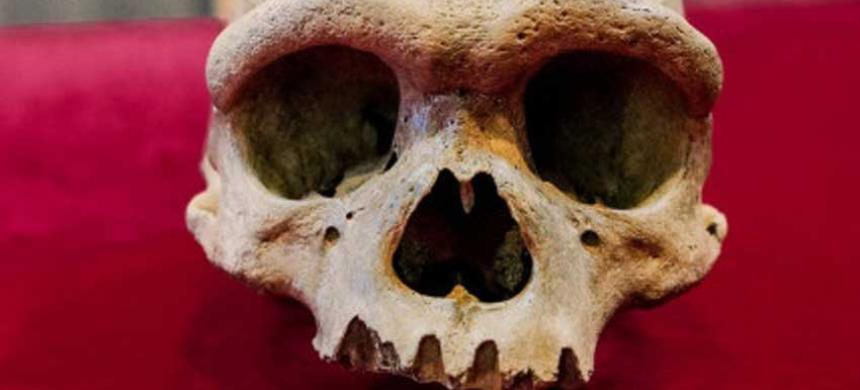Chinese Archaeologists Discover New Human Species, Homo juluensis
Chinese archaeologists have unveiled a significant discovery of a new human species, Homo juluensis, characterized by its larger brains, heads, and teeth. Fossils dating back nearly 200,000 years, uncovered in northern China, provide insights into this extinct group, which likely coexisted with Neanderthals and Homo sapiens, according to researchers.
Origins and Unique Features
The species derives its name from the Chinese term “Ju Lu,” meaning “huge head,” highlighting its defining feature. Scientists estimate that Homo juluensis inhabited Earth between 200,000 and 160,000 years ago, boasting a robust skeletal structure and large skulls. Their large teeth, complementary to their massive skulls, suggest adaptations for consuming tough food sources, including bones and cartilage.
Read More: Fossilized Footprints of Two Ancient Human Species Discovered in Kenya
Behavioral and Survival Traits
Anthropologists propose that Homo juluensis may have been skilled hunters, likely employing group strategies to hunt wild horses. Their physical features suggest they utilized most parts of their prey for sustenance, clothing, and tool-making. Despite their larger brains, Christopher Bae, an anthropology professor at the University of Hawaii, clarified that size did not necessarily equate to superior intelligence.
Extinction and Climate Challenges
The species is believed to have vanished around 120,000 years ago, aligning with the early migration of modern humans. Archaeologists hypothesize that harsh winters, including severe snowstorms in northern China, might have contributed to their extinction.
This discovery adds a new chapter to the evolutionary story, providing crucial insights into the diversity of ancient human species and their interactions with changing environments.











